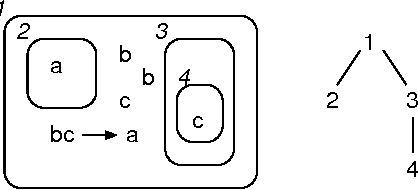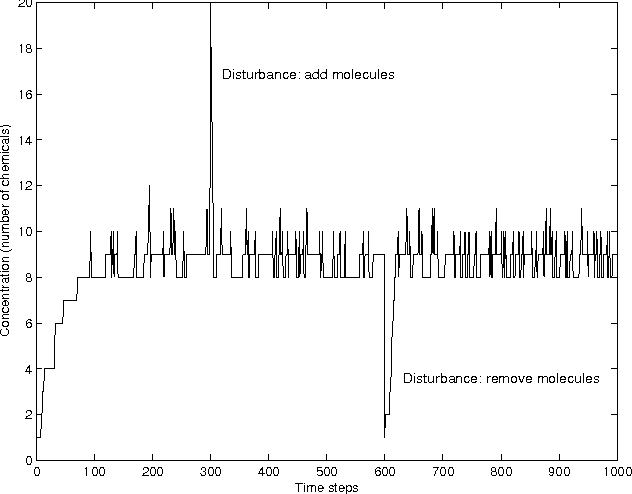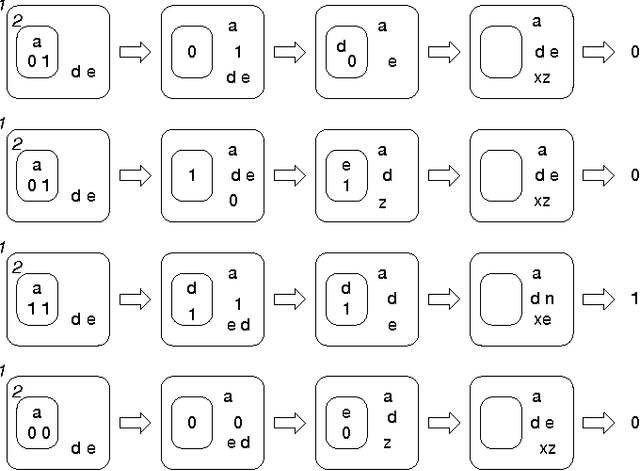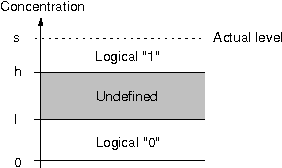Exploring Logic Artificial Chemistries: An Illogical Attempt?
Paper and Code
Mar 29, 2007



Robustness to a wide variety of negative factors and the ability to self-repair is an inherent and natural characteristic of all life forms on earth. As opposed to nature, man-made systems are in most cases not inherently robust and a significant effort has to be made in order to make them resistant against failures. This can be done in a wide variety of ways and on various system levels. In the field of digital systems, for example, techniques such as triple modular redundancy (TMR) are frequently used, which results in a considerable hardware overhead. Biologically-inspired computing by means of bio-chemical metaphors offers alternative paradigms, which need to be explored and evaluated. Here, we are interested to evaluate the potential of nature-inspired artificial chemistries and membrane systems as an alternative information representing and processing paradigm in order to obtain robust and spatially extended Boolean computing systems in a distributed environment. We investigate conceptual approaches inspired by artificial chemistries and membrane systems and compare proof-of-concepts. First, we show, that elementary logical functions can be implemented. Second, we illustrate how they can be made more robust and how they can be assembled to larger-scale systems. Finally, we discuss the implications for and paths to possible genuine implementations. Compared to the main body of work in artificial chemistries, we take a very pragmatic and implementation-oriented approach and are interested in realizing Boolean computations only. The results emphasize that artificial chemistries can be used to implement Boolean logic in a spatially extended and distributed environment and can also be made highly robust, but at a significant price.
 Add to Chrome
Add to Chrome Add to Firefox
Add to Firefox Add to Edge
Add to Edge